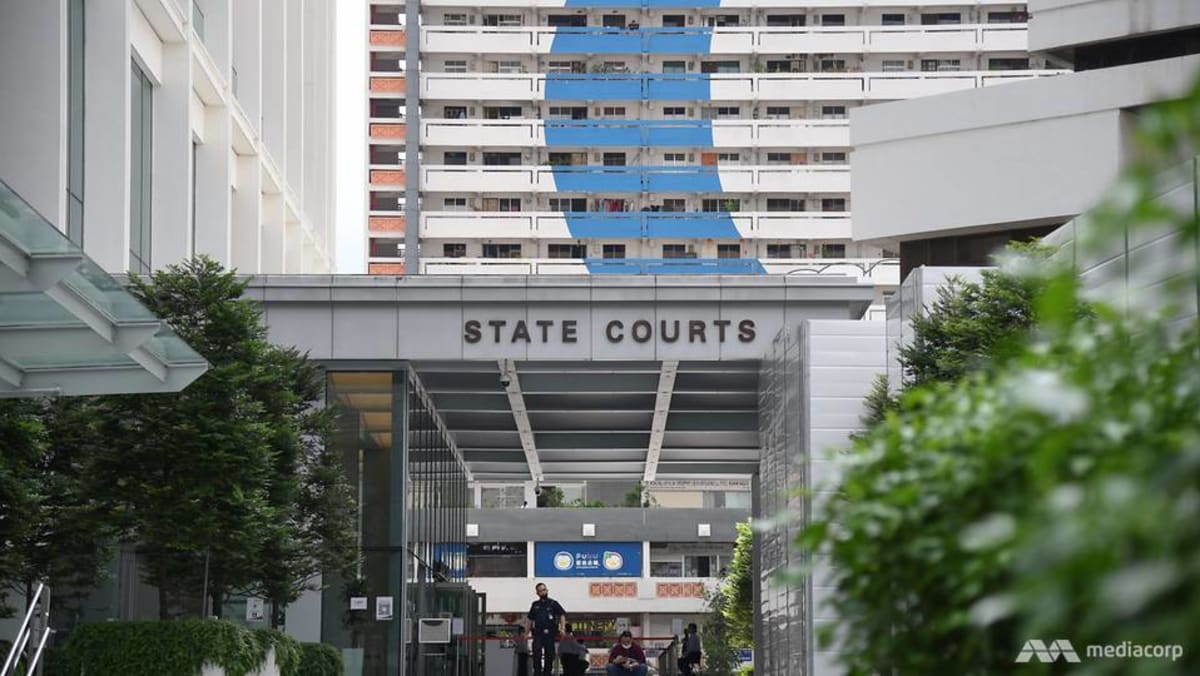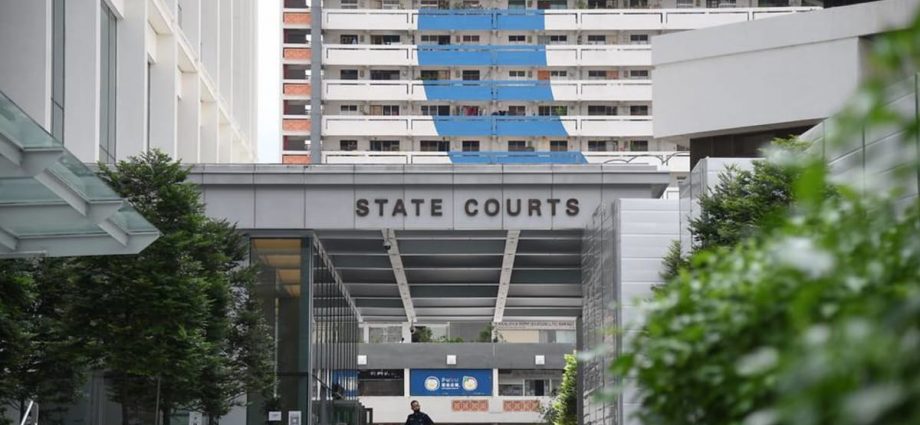
SINGAPORE: A court has cleared the way for a man in Singapore to be extradited to the United States to face charges of sexual offences against a five-year-old girl that he allegedly committed in a San Diego church in 2017.
In a decision on Oct 3, District Judge Loh Hui-Min ordered that Chester Yang Yang Jr be held in prison to await a warrant for his surrender to the US.
Yang, who is also known by various names including Pian He Yang and Tian He Yang, is wanted by the US to stand trial for three charges against the girl.
Yang’s age and nationality were not disclosed in court documents.
Yang is accused of committing sex acts on the girl in the loft of a church in San Diego, California, during a wedding rehearsal. He claimed that he had merely lifted the girl by her armpits and blown air on her stomach to make her laugh.
He alleged that the girl’s evidence may have been influenced or manipulated by her parents and/or the prosecutor.
Yang was caught in Singapore in May this year, after the Singapore Police Force successfully applied for a warrant for his apprehension.
In July, the US asked for Yang to be surrendered through the usual diplomatic channels.
The state made an application to court to commit Yang to prison to await the warrant of the minister for his surrender to US. Yang “strenuously resisted” the application, said Judge Loh.
Yang, who was unrepresented, argued that his remand was unlawful.
Judge Loh said the court’s role was not to determine Yang’s guilt beyond a reasonable doubt, but simply to find out whether a prima facie case had been made out against him by credible evidence.
The state’s evidence comprised affidavits from a US detective, including videos and transcripts of interviews with the victim and her sister, who was at the scene of the alleged crimes.
After hearing the evidence, Judge Loh was satisfied that a prima facie case had been made out against Yang.
She had emphasised to Yang that he remains free to pursue his defence at trial, “which will be the appropriate forum to test the credibility of the witnesses and assess the quality of the evidence against him”.

